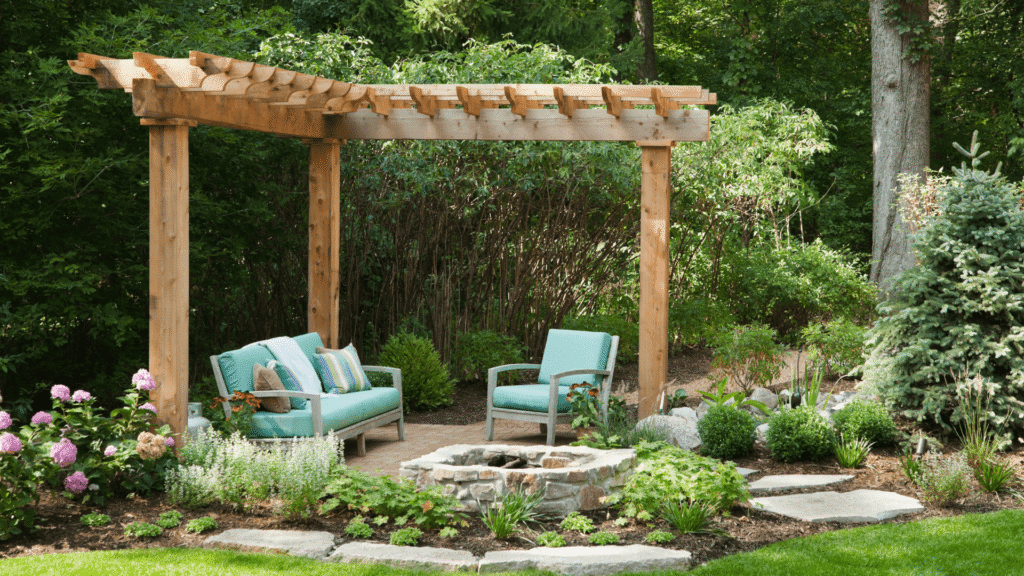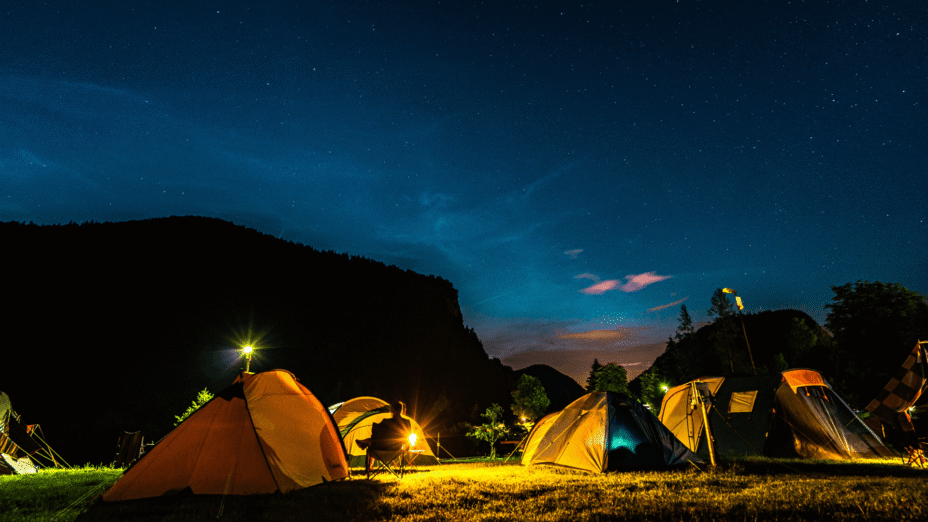Reclaiming Wildness: Why the Outdoors Matter and How to Embrace Them
In a world increasingly dominated by screens and concrete, the call of the outdoors is growing louder. It’s a primal yearning, a recognition that our well-being is intrinsically linked to the natural world. But “the outdoors” is a vast and varied concept, encompassing everything from a local park to a remote mountain range. Reclaiming wildness, in whatever form it takes, is an investment in our physical, mental, and emotional health.
The Profound Benefits of Nature

The science is clear: spending time outdoors is profoundly beneficial. Studies consistently demonstrate that exposure to nature reduces stress hormones like cortisol, lowers blood pressure, and boosts the immune system. The simple act of breathing fresh air, feeling the sun on your skin, and observing the natural world can trigger a cascade of positive physiological responses.
Beyond the physical, the mental and emotional benefits are equally compelling. Nature provides a respite from the constant stimulation of modern life, allowing our minds to wander and recharge. It fosters creativity, improves focus, and can alleviate symptoms of anxiety and depression. The sense of awe and wonder inspired by a breathtaking vista or the intricate details of a wildflower can shift our perspective and remind us of something larger than ourselves. For children, outdoor play is crucial for developing motor skills, problem-solving abilities, and a lifelong appreciation for the environment.
Exploring the Spectrum of Outdoor Activities
The beauty of the outdoors lies in its inclusivity. There’s something for everyone, regardless of fitness level or experience. Here’s a glimpse into the diverse range of activities available:
- Gentle Exploration: A leisurely walk in a local park, a picnic by a lake, or simply sitting under a tree with a good book are accessible and restorative options. Birdwatching, nature photography, and identifying local flora and fauna can add layers of engagement.
- Moderate Adventures: Hiking, cycling, kayaking, and paddleboarding offer a greater physical challenge while still being relatively accessible. These activities provide a fantastic workout and allow you to explore more remote areas.
- Challenging Expeditions: Rock climbing, backpacking, mountaineering, and whitewater rafting demand a higher level of skill, fitness, and preparation. These pursuits offer a profound sense of accomplishment and a deep connection with the wilderness.
- Seasonal Delights: Each season brings unique opportunities. Spring offers blooming wildflowers and renewed life. Summer is perfect for swimming and water sports. Autumn showcases vibrant foliage and crisp air. Winter provides opportunities for snowshoeing, cross-country skiing, and appreciating the stark beauty of a snow-covered landscape.
Practical Considerations for Safe and Responsible Outdoor Enjoyment

While the allure of the outdoors is undeniable, it’s crucial to approach it with respect and preparedness. Safety should always be a priority.
- Gear Up: Invest in appropriate clothing and footwear for the activity and weather conditions. Layers are key for adapting to changing temperatures.
- Plan Ahead: Research your route, check the weather forecast, and inform someone of your plans.
- Navigation: Learn basic map and compass skills, or utilize GPS devices. Don’t rely solely on your phone, as battery life and signal strength can be unreliable.
- First Aid: Carry a well-stocked first-aid kit and know how to use it. Consider taking a wilderness first-aid course.
- Leave No Trace: Practice Leave No Trace principles to minimize your impact on the environment. Pack out everything you pack in, stay on designated trails, and respect wildlife.
- Wildlife Awareness: Be aware of potential wildlife encounters and know how to react appropriately. Store food properly to avoid attracting animals.
Cultivating a Deeper Connection
Beyond simply engaging in outdoor activities, consider cultivating a deeper connection with nature. This could involve:
- Mindfulness: Practice mindful observation, paying attention to the sights, sounds, smells, and textures of your surroundings.
- Gratitude: Take time to appreciate the beauty and abundance of the natural world.
- Conservation: Support organizations dedicated to protecting the environment and advocate for sustainable practices.
- Learning: Expand your knowledge of local ecosystems, wildlife, and conservation issues.
Reclaiming wildness isn’t about escaping civilization entirely; it’s about integrating nature into our lives in a meaningful way. It’s about recognizing our dependence on the natural world and actively working to protect it. Whether it’s a daily walk in the park or a weekend backpacking trip, embracing the outdoors is an investment in our well-being and a vital step towards a more sustainable future.

NOTES & POTENTIAL REVISIONS:
- Target Audience: This piece is written for a general audience, aiming to inspire and provide practical advice. Consider narrowing the focus (e.g., families, beginner hikers, experienced adventurers) for a more targeted approach.
- Specificity: While the piece covers a broad range of activities, adding more specific examples within each category would enhance its appeal. For instance, instead of just “hiking,” mention specific trails or regions.
- Regional Focus: Tailoring the content to a specific geographic region would make it more relevant to readers in that area.
- Emotional Depth: While the piece touches on emotional benefits, exploring these in greater detail (e.g., the sense of freedom, the connection to something larger than oneself) could create a stronger emotional resonance.
- Call to Action: The ending is somewhat general. Consider adding a more concrete call to action, such as encouraging readers to visit a local park, join a conservation group, or plan their first outdoor adventure.
- Images/Visuals: This is text-only. The piece would be significantly enhanced with relevant images or illustrations.
- SEO Keywords: Consider incorporating relevant keywords (e.g., “outdoor activities,” “nature benefits,” “hiking tips,” “Leave No Trace”) for online visibility.
- Fact-Checking: While the information presented is generally accurate, it’s always a good practice to fact-check any statistics or claims.
